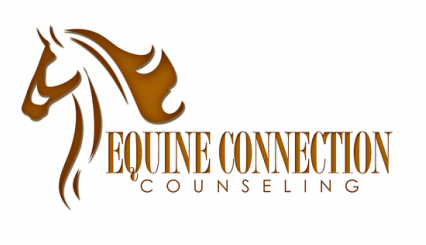Acknowledge the feeling. Letting a child know that you know how they are feeling helps them to feel heard and understood. Acknowledging emotions also helps an upset child address their feelings and can help them calm down faster.
“I know that you are angry and want to hit me…”
Communicate the limit. It is alright for a child to have feelings, but it is not appropriate for them to behave destructively or inappropriately. After validating their emotions, let them know that what they are doing is not OK. Be sure to word the limit so that you are saying “no” to the behavior and not to the child themselves. For example, instead of saying, “You can’t throw that,” you can say…
“…but I am not for hitting.”
This puts the focus on the child’s action rather than their feeling or person. Behaviors are easier for a child to change than feelings are, which is why the third step is to offer choices of other ways to behave.
Target acceptable alternatives. Simply telling a child “no” can lead them to feeling frustrated. They are trying to deal with their emotions and need to learn how to handle them safely. Offer other ways they can express themselves that are acceptable to you. It is also important that the child feels they have the ability to make their own choice, which helps them learn responsibility and problem solving. Offer one choice for younger children and 2-3 choices for older children and teens.
“You can choose to hit the pillow.”
It is important that you do not offer a choice that you do not want the child to choose. For example, you wouldn’t suggest that they hit the dog instead of you.
The A-C-T method can also be used with teens. We often want to treat teens as adults, but their brains are not fully developed yet and they need clear communication of concrete limits like children do. Tweak the language slightly so that the teen does not feel talked down to, but can still understand what you are saying. For example, “I know you are upset about not being able to go out with your friends tonight, but school nights are for doing homework and chores. You can choose to see your friends on Friday night or invite them to come over on Saturday.”
If the child persists in the inappropriate behavior, stay firm and consistent with the limit. This type of limit setting can take some getting used to. Practice the three parts and soon it will become natural to respond to your child with the A-C-T method. For more about limit setting and choice giving, we recommend Dr. Landreth’s "Choices, Cookies, and Kids" DVD. ECC has the DVD available for parents and caregivers to watch during their child’s session. It can also be purchased on Dr. Landreth’s website.
Please contact us with any questions you have about the A-C-T method or leave a comment below.

 RSS Feed
RSS Feed
